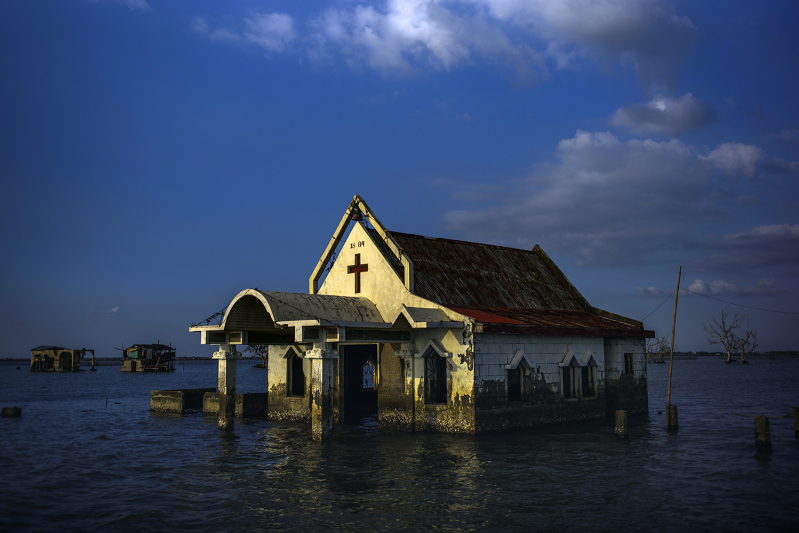
While most U.S. church leaders believe in human-caused climate change, few regularly discuss the issue with their congregations, according to a recent study.
The findings were published March 25 in the Proceedings of the National Academy of Sciences journal in a study titled Most Christian American religious leaders silently believe in climate change, and informing their congregation can help open dialogue.
The research showed that 90% of U.S. Christian leaders accept the scientific consensus on “anthropogenic climate change,” the view—considered controversial by some—that human activity is the primary cause.
Yet only half of the respondents reported discussing climate change with their churches, and just one-quarter said they had “mentioned it more than once or twice.”
“U.S. Christians substantially underestimate the prevalence of their leaders who believe in climate change,” the report said.
“Providing the actual consensus level of religious leaders’ belief in climate change reduces congregants’ misperception of religious leaders, increases their perception that other church members believe in and are open to discussing climate change, and leads Christians to believe that taking climate action is consistent with their church’s values while voting for politicians who will not take climate action is not.”
The survey sampled Christian leaders from major U.S. denominations.
Those leaders who do speak on climate issues are more likely to attend climate events and show “greater willingness to discuss it with fellow churchgoers.”
The impact of climate change on vulnerable populations is a particular concern for the National Association of Evangelicals. In 2022, the organization released an updated version of its 2011 report, Loving the Least of These: Addressing a Changing Environment, created in partnership with World Relief and the Evangelical Environmental Network.
“At the National Association of Evangelicals, we believe that the good news of Jesus encompasses all of life and empowers us to face the deepest challenges,” NAE President Rev. Dr. Walter Kim said at the time. “We wish to navigate the complexities of our times, including issues like climate change, with biblical clarity and a deep love that reflects God’s own heart for this world, especially for those least able to enjoy its blessings.”
Myal Greene, president and CEO of World Relief, said the organization has firsthand experience working with communities affected by climate change.
“We have learned that if we want to be a catalyst for change that lasts, we have to address the root causes of poverty and not just offer temporary solutions,” he said. “Climate change is one of the great injustices of our time, because people living in vulnerable communities experience the devastation brought on by the way people living in wealthier countries live our lives. As Christians, our love for the least of these compels us to acknowledge how our actions have contributed to climate change and to take steps to reverse its devastating effects.”





